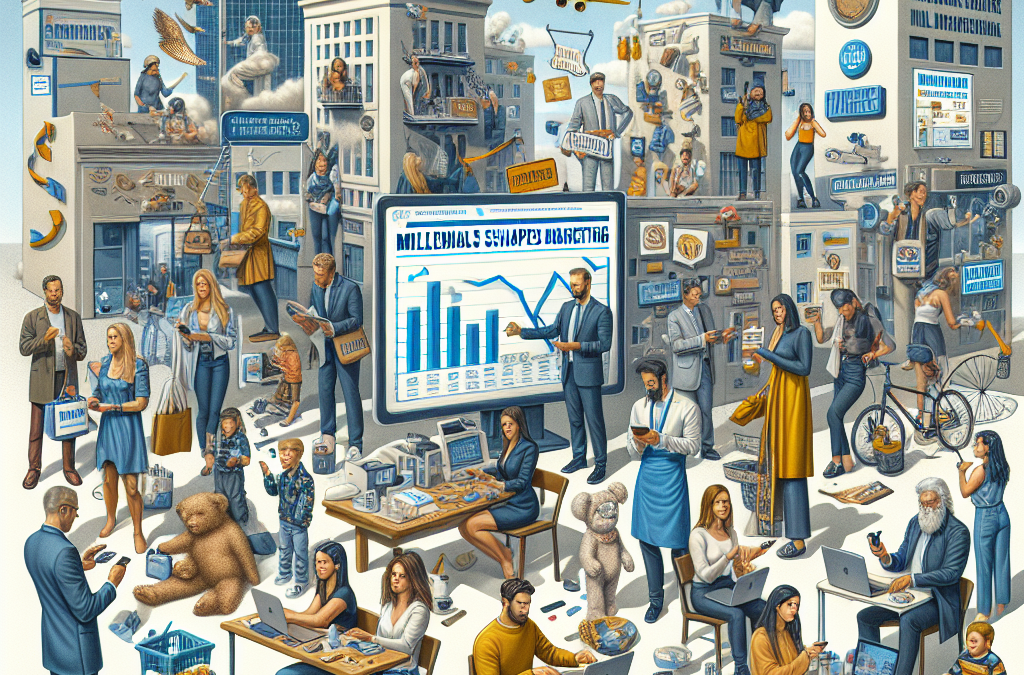The millennial generation, consisting of individuals in their 30s and 40s, has a significant impact on industries and consumer expectations. The Covid-19 pandemic has influenced their perspectives on work, family, and purchasing behavior, necessitating an evolution in strategies for marketing to this demographic. With millennials comprising a substantial part of the U.S. consumer base and holding considerable purchasing power, understanding their changing priorities is vital.
The impact of the pandemic on millennial consumers is significant and varied. Not all millennials are parents, but both parent and non-parent millennials shape consumer trends in unique ways. Businesses need to acknowledge these differences to effectively engage with both groups. A 2020 Pew Research Center analysis revealed that 55% of millennials were parents, a figure likely to be higher now as family formation occurs later than it did decades ago.
Millennial parents, raising children in a digital age, incorporate technology into every aspect of their lives. They use apps for a range of functions, including tracking developmental milestones, meal planning, and virtual doctor appointments. Unlike previous generations, they are more likely to seek parenting advice from online communities and social media. Brands targeting this demographic must offer digital convenience, educational tools, and community-centric engagement.
These parents also re

